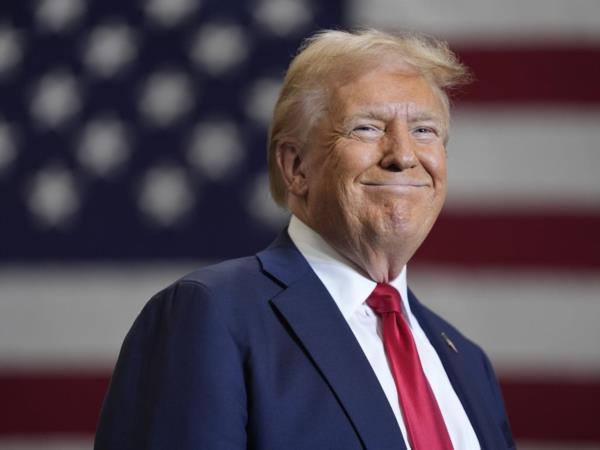
President-elect Donald Trump has recently made statements suggesting a potential American territorial expansion that could rival historical acquisitions such as the Louisiana Purchase and the acquisition of Alaska from Russia. In the past week, Trump has floated the idea of absorbing Canada as the 51st state, taking over the Panama Canal, and acquiring Greenland, a Danish territory.
While it is unclear whether these statements are serious policy proposals or rhetorical flourishes aimed at garnering attention, they underscore Trump's focus on expanding the United States' footprint abroad. Trump's remarks echo the 19th-century doctrine of Manifest Destiny, emphasizing the nation's perceived right to expand.
Trump's interest in the Panama Canal and Greenland has raised eyebrows, with Panama's President asserting that ownership of the canal is non-negotiable and Greenland's Prime Minister stating that the territory is not for sale. Despite these rebuffs, Trump has persisted in his proposals.



Additionally, Trump has reiterated plans to designate drug cartels as foreign terrorist organizations, potentially leading to military intervention in Mexico. This stance has raised concerns about sovereignty and trade relations with the US's largest trading partner.
While Trump's transition team has not clarified the motivations behind these statements, they point to Trump's focus on trade and national security. Trump's unconventional approach to foreign policy has sparked reactions from world leaders and social media users, with some dismissing his proposals as unrealistic.
Overall, Trump's recent statements on territorial expansion and foreign policy reflect his nationalist agenda and his commitment to putting 'America First.' The reactions from other countries suggest that Trump's proposals may face significant challenges in the international arena.







